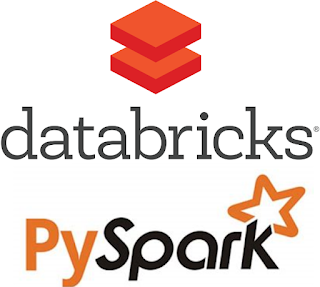Azure Databricks Training
Azure Databricks is a cloud-based big data and analytics platform provided by Microsoft Azure in collaboration with Databricks. It offers a managed Apache Spark environment and provides a collaborative workspace for data scientists, data engineers, and analysts to work together on big data and machine learning projects.
When it comes to cloudmonks training on Azure Databricks, you have several options depending on your specific requirements and preferences. Here's a general overview of the training options available:
Databricks notebooks: Databricks notebooks are an interactive environment where you can write code, visualize data, and collaborate with others. You can create notebooks using languages such as Python, Scala, R, and SQL. Notebooks are commonly used for exploratory data analysis, data preprocessing, and model development. You can execute cells in a notebook to train your models using the data and resources available in your Databricks workspace.
Databricks Jobs: Databricks Jobs allow you to schedule and automate the execution of notebooks or code. You can define a job that runs periodically or trigger it manually. This is useful for running training jobs on a regular basis or incorporating them into an automated workflow.
Databricks CLI and REST API: Databricks provides a Command Line Interface (CLI) and a RESTful API that allow you to interact with the platform programmatically. You can use these tools to automate the training process, manage clusters, submit jobs, and retrieve the results.
Cluster management: Azure Databricks enables you to create and manage clusters, which are the compute resources used for executing your training jobs. You can configure the cluster with the required hardware specifications, such as CPU, memory, and GPU, depending on the training workload and scale. Databricks also provides autoscaling capabilities to automatically adjust the cluster size based on the workload.
Integration with Azure Machine Learning: Azure Databricks integrates with Azure Machine Learning, a cloud-based machine learning service provided by Azure. This integration allows you to use Azure Machine Learning capabilities, such as model tracking, deployment, and scaling, in conjunction with Databricks for end-to-end machine learning workflows.
It's important to note that training models on Azure Databricks requires familiarity with Apache Spark, as it is the underlying engine for distributed data processing. Spark provides powerful APIs and libraries for distributed data processing and machine learning, such as Spark MLlib and SparkR. You can leverage these libraries along with the resources provided by Databricks to train and scale your machine learning models.
Additionally, Azure Databricks provides various built-in integrations with other Azure services, such as Azure Data Lake Storage, Azure Blob Storage, Azure SQL Database, and more. These integrations enable you to easily access and process data from different sources as part of your training workflows.
Overall, Azure Databricks offers a comprehensive platform for training and executing big data and machine learning workloads. It provides a collaborative environment, scalable compute resources, and integration with other Azure services, making it a powerful choice for data-driven projects.


Comments
Post a Comment